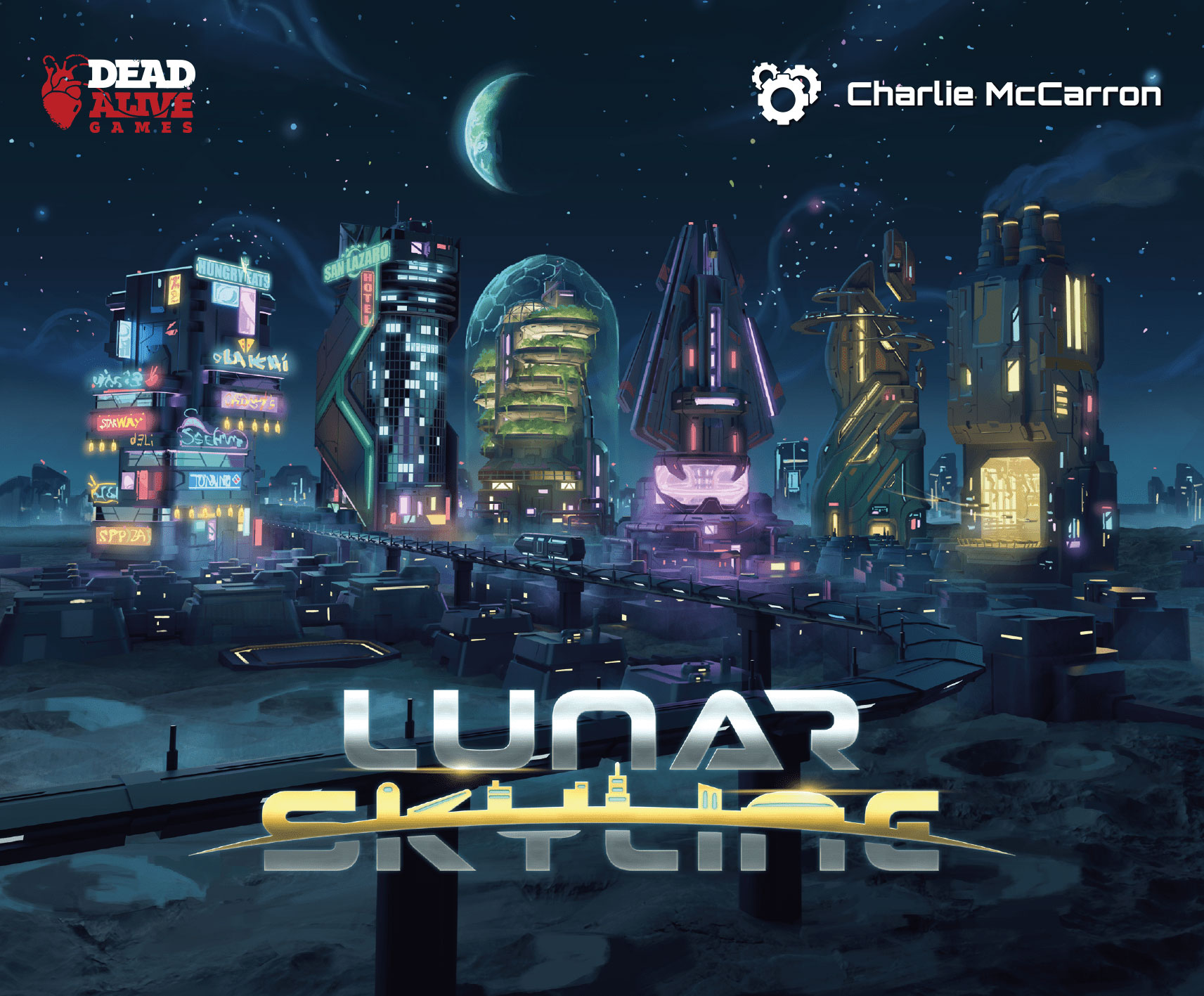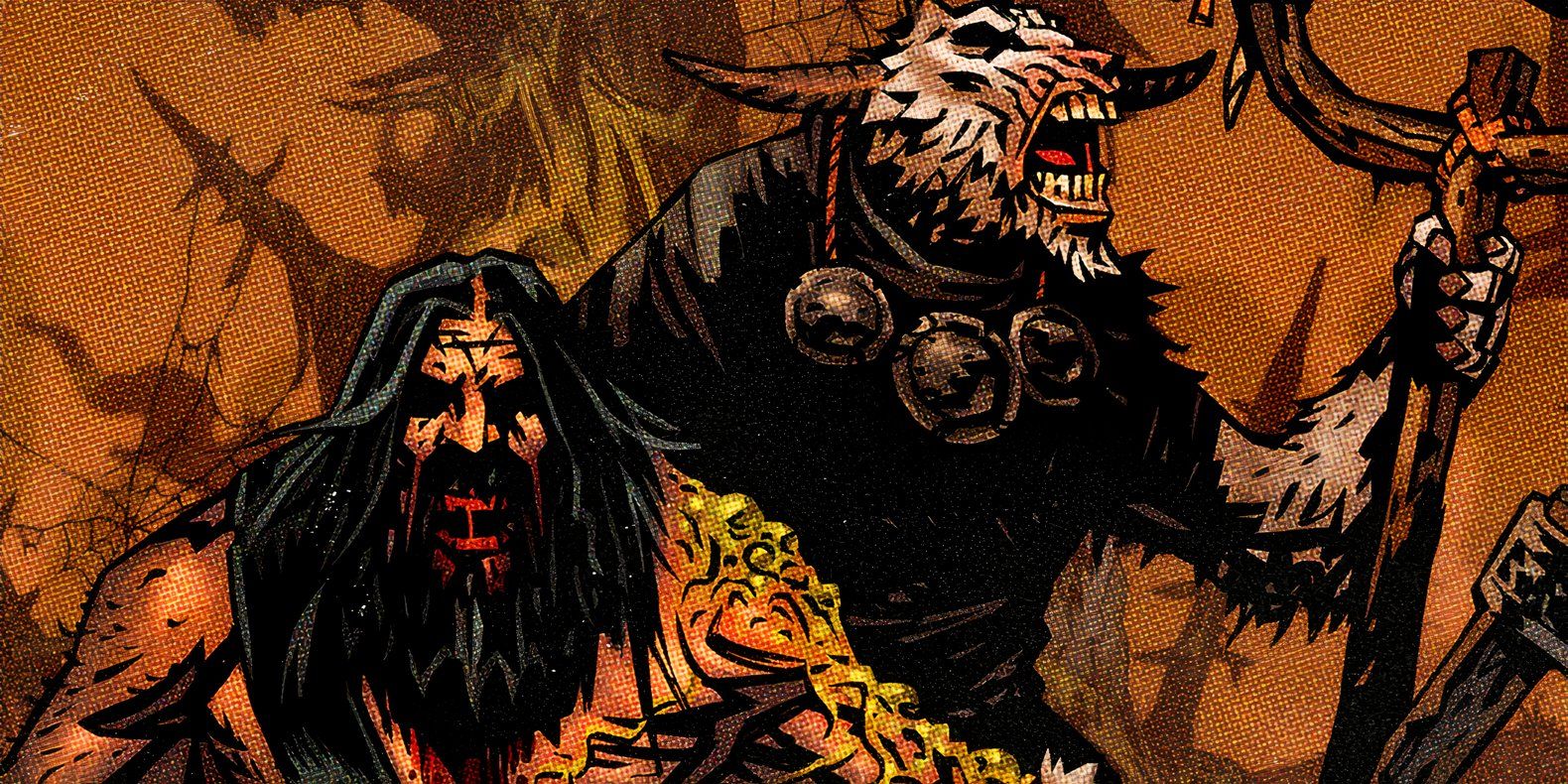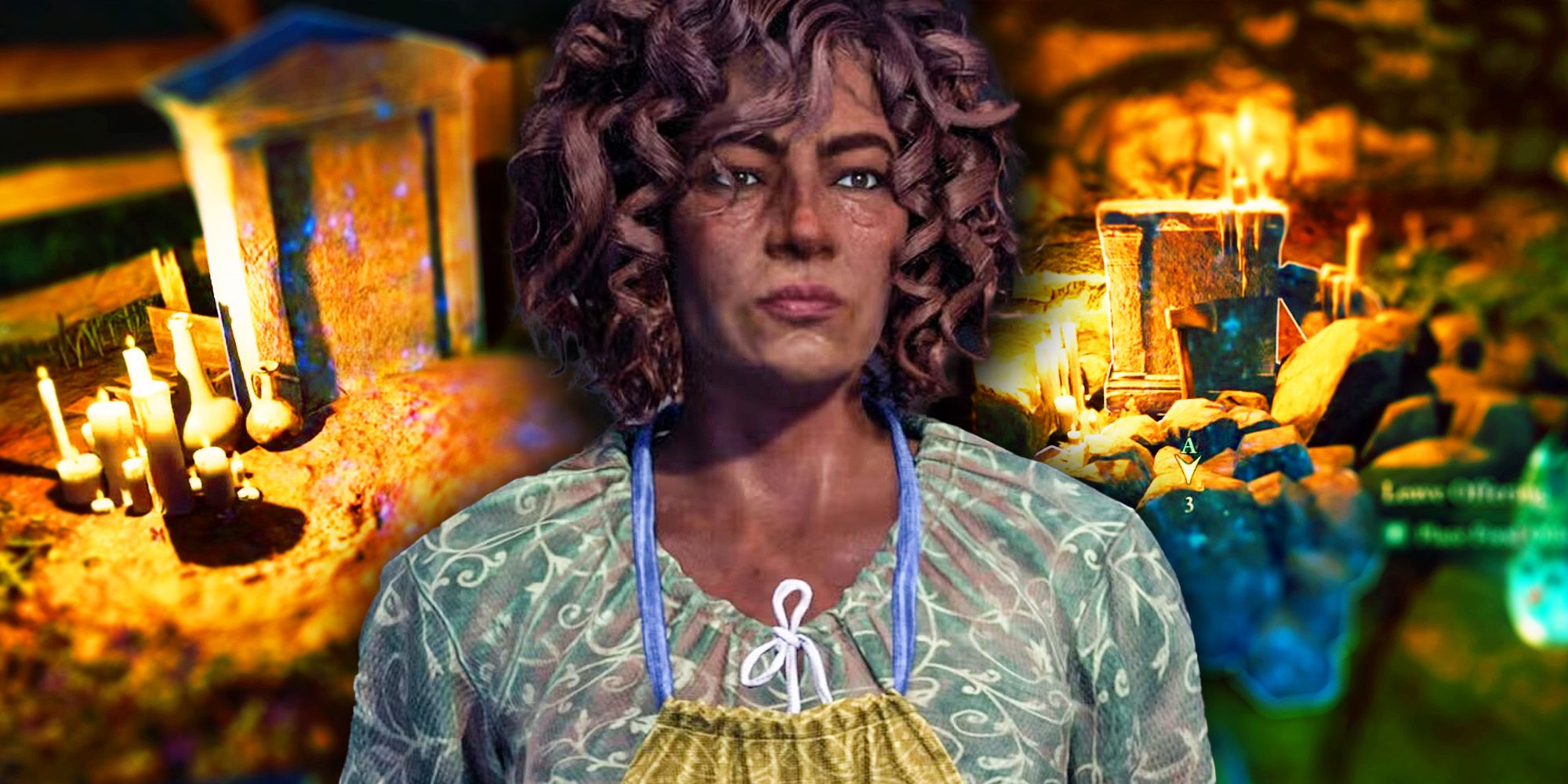PROTECT YOUR DNA WITH QUANTUM TECHNOLOGY
Orgo-Life the new way to the future Advertising by AdpathwayHome Inspired
My wife Naho worked for some years in the anime industry. Since I have always been into it, I became a keen listener to her stories — long hours, tight deadlines, complicated contracts and deals, and moments of brilliance that somehow managed to keep it all going. I had front-row access to the messy miracle of anime production.
At the same time, the anime industry's inner workings were increasingly being talked about online: low wages, burnout, unfair expectations. Some of the most popular studios were in the spotlight for all the wrong reasons.
And my game designer brain couldn't stop thinking: this...this is a game.
I Needed Help (Lots of It)
I'm not Japanese, and I'm not an insider, so I knew from day one that I couldn't build this game alone — not if I wanted it to ring true. I started leaning on my wife's network to find professionals willing to talk. I also hit conventions, shotgunned messages online, and slowly built a pool of insiders who were willing to give feedback.
These voices became essential. They helped me understand not just how production works, but how it feels. All of that found its way into the mechanisms and story of Jisogi.
Commissioning the Art
Mechanisms are just one side of the design coin. I also wanted the game to look like the anime industry, with plenty of diversity and style. That meant I needed variety in the artwork.
To achieve that, we developed a workflow with two core illustrators: Senkawa Teien and Gou Eisuke. They helped me establish the game's visual identity: color palette, body proportions, "vibe", etc.
With that solid base in place, we invited guest illustrators to contribute, but we didn't just assign random assets — we paired artists with projects that matched their passion. Horror artists drew eerie sci-fi thrillers. Shojo fans created dreamy romance posters.
The moment we had a clear visual and thematic direction, things started to click. New artists and creators we reached out to could see what we were doing — and wanted to be a part of it. The game became a bit of a creative magnet, and we're proud of the range of voices we brought together.
One of the steps I had the most fun with was creating the trend cards. In the game, we mix five different genres — action, fantasy, horror, sci-fi, and slice of life — to create these special cards. For example, the genre "Power Fantasy" mixes 2 action with 1 fantasy, while the genre "Prodigy Pilot" combines 1 sci-fi, 1 slice of life, and 1 action.
After creating each trend card, I reached out to a creator who matched its "vibe" and explained that we were trying to create a fake poster for a series within that genre. I would give them a summary of the plot and ask them to create concept art before making the poster. The results of this experimentation were amazing, with so many great results that I wish each of them were a separate game.
The Right People at the Right Time
One of the luckiest breaks we had in the development of Jisogi was connecting with Will Feng and Thomas Romain. Will is a seasoned producer who's worked both internationally and within Japan's anime scene. Thomas is nothing short of legendary — a trailblazer from one of the first generations of foreign creators to establish themselves in Japan's anime industry. With over twenty years of experience and countless collaborations with top-tier studios, his insights were invaluable.
Even more incredible? Both of them live just minutes from our studio in Koenji, Tokyo. As if that weren't enough, Thomas turned out to be a huge board game enthusiast, just like me. The stars truly aligned.
Their input allowed me to test the game from a much deeper thematic perspective. We worked to minimize the disconnect between actual anime production and gameplay. Of course, you can't completely replicate years of craftsmanship and industry nuance in a two-hour game, but with their help, I could approach that goal with a lot more confidence and authenticity.
Making It Fun (Not Just Faithful)
While the theme was essential, I also had to make sure Jisogi was, first and foremost, fun to play. I knew I needed outside help to polish the mechanisms and pacing, so I reached out to my friends back home in Brazil.
Fel Barros, the head of Samba Studio, is a prolific game designer with an impressive portfolio. He had just assembled a dedicated development team, and luckily had some room to support JISOGI. We signed a development contract and began working together intensively to refine the gameplay, balance, and overall flow.
In parallel with the work at Samba, we printed a small run of prototypes and sent them to a few trusted content creators. If I could get their feedback, it was for sure going to elevate the game. A special shout-out goes to [user=evilpanda]Jay[/user] at Cardboard East, who created a beautiful video review and offered thoughtful, detailed comments that helped push the game forward. It's no exaggeration to say that his feedback shaped key elements of the final version.
Tycoon?
From the beginning, Jisogi was going to be a company simulation game. I knew I was not going to be the first to make a game with this framework, but this game was not going to be about venture capitalists, railroad companies, or colonialists. This game is all about studios, where (most likely) no one on the team is going to get rich.
We discussed the title a lot, wondering whether "Tycoon" would fit for the game we were making. That title summarizes a lot of the struggles players would face in the game, so we decided it was worth using that name.
Kickstarter and a Happy End (But Not Really)
With everything in place — the art, the mechanisms, the thematic integrity — we felt ready to bring Jisogi to Kickstarter. The response blew us away. We funded at over 1000% our original goal, with support from anime lovers, board gamers, and curious newcomers.
At this point, it felt like the happy ending...but of course, the journey was just beginning.
After the campaign, we started sharing copies with publishers and potential localization partners. Here’s where we hit an unexpected wall: Many publishers assumed Jisogi was a light, family-friendly game. The bright anime artwork gave the impression of something accessible, maybe even casual.
But Jisogi is actually a tight, strategic, company-management game — one that demands real economic decisions and planning. That disconnect made several publishers hesitant. Were we marketing this to the wrong audience? Would players expect a breezy anime adventure and end up frustrated by spreadsheets and deadlines?
It was a scary moment.
First Reviews From Japan
Our first market was Japan — the birthplace of anime, and the culture we tried so hard to represent authentically. I was nervous. Would people criticize the game for getting the tone wrong? Would they see it as an outsider's misguided attempt to capitalize on a beloved industry?
But to our great relief, the reception in Japan was incredibly positive. Players didn't just accept the game's realism; they embraced it. The serious tone, the focus on production challenges, the grind behind the magic — it all resonated.
People told us the game felt like a labor of love. They could see the effort in the art, the quality of the components, and most importantly the care taken to depict the industry with respect. At conventions, people came to our booth to share how meaningful the game felt to them. That meant the world to us.
A Global Test Ahead
Now comes the next chapter: the international release. We know that outside of Japan, not everyone shares the same awareness of the realities of anime production. Many backers told us they picked up the game to connect with their anime-loving kids, hoping it might be a gateway into the world of board games.
We're honestly a little worried that those same kids might not enjoy managing an office, stressing over finances, or planning release schedules! Jisogi is not a battle game, or a magical adventure — it's a game about meetings, deadlines, and tough decisions.
But maybe, just maybe, some of those players will come away with a deeper appreciation for the shows they love. Maybe they'll see that the anime they cherish isn't born from magic, but from real people — animators, directors, producers — putting everything on the line to make something beautiful.
And that, more than anything, is the story we wanted to tell.
Naho Sakamoto and Rodrigo Esper


 2 days ago
6
2 days ago
6
/pic8844372.png)
/pic8970068.png)
/pic8969997.png)
/pic8969988.jpg)
/pic9093072.png)
/pic8969999.png)
/pic8263885.png)
/pic9093472.jpg)
/pic9093452.jpg)
/pic8969995.jpg)



/pic8767855.png)
/pic9118384.png)












 English (US) ·
English (US) ·  French (CA) ·
French (CA) ·